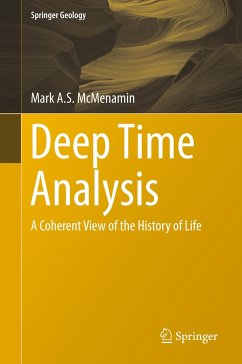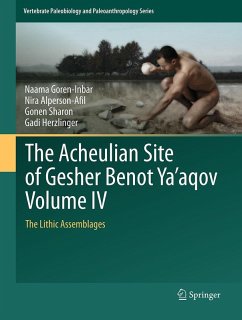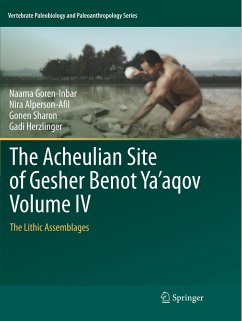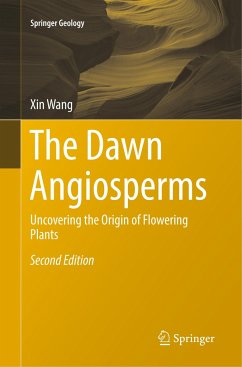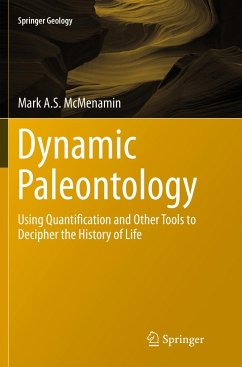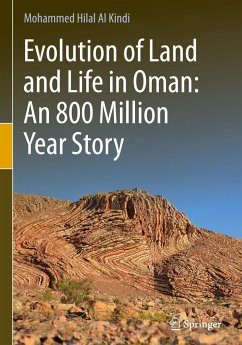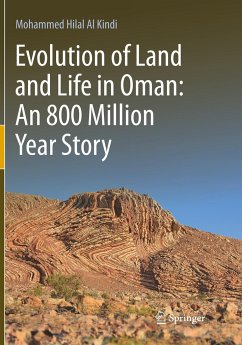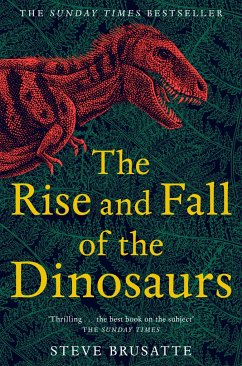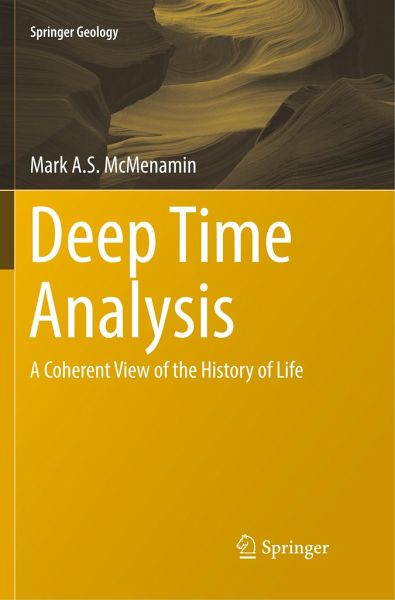
Deep Time Analysis
A Coherent View of the History of Life
Versandkostenfrei!
Versandfertig in 6-10 Tagen
68,99 €
inkl. MwSt.
Weitere Ausgaben:

PAYBACK Punkte
34 °P sammeln!
Using a series of case studies, the book demonstrates the power of dynamic analysis as applied to the fossil record. The book considers how we think about certain types of paleontological questions and shows how to answer them. The analytical tools presented here will have wide application to other fields of knowledge; as such the book represents a major contribution to the deployment of modern scientific method as it builds on author's previous book, Dynamic Paleontology. Students and seasoned professionals alike will find this book to be of great utility for refining their approach to their ...
Using a series of case studies, the book demonstrates the power of dynamic analysis as applied to the fossil record. The book considers how we think about certain types of paleontological questions and shows how to answer them. The analytical tools presented here will have wide application to other fields of knowledge; as such the book represents a major contribution to the deployment of modern scientific method as it builds on author's previous book, Dynamic Paleontology. Students and seasoned professionals alike will find this book to be of great utility for refining their approach to their ongoing and future research projects.



